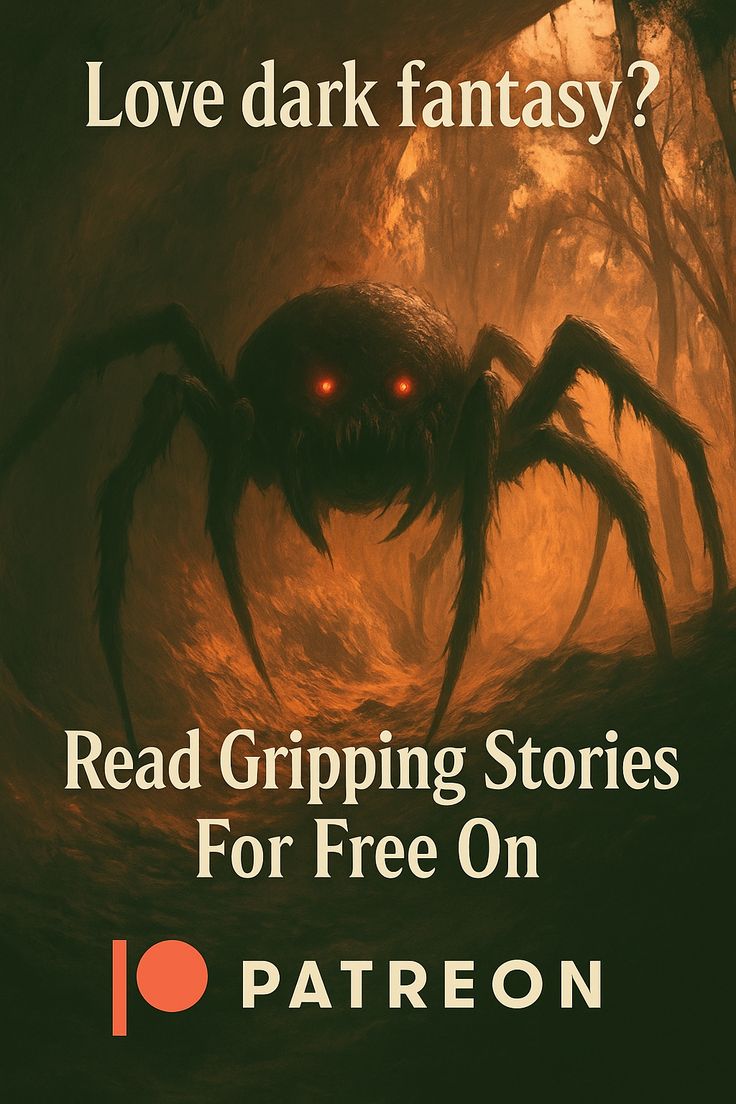Writing fantasy novels without magic might sound like an outlandish thing to do. But it’s becoming more and more common.
Having written many fantasy stories with an absence of magic, I’ve learned a thing or two about the benefits and the downsides, both from the writer’s perspective and the reader’s.
In this guide, we’ll take a look at different types of fantasy magic, whether or not you can have fantasy without magic, and how to write this type of story, before looking at some examples of fantasy books without magic.
The Different Approaches To Writing Fantasy
Fantasy is awash with subgenres. Over time, cunning writers have merged together different types to form new ones, like combining historical fantasy and dark fantasy to forge historical dark fantasy—yes, that’s a thing. Another example would be high fantasy and medieval fantasy, giving us (you guessed it) medieval high fantasy.
Rising up among the genres are those in which magic isn’t a focus. Maybe it doesn’t feature at all. Perhaps the most well-known of those sub-genres is low fantasy.
Now low fantasy seems to cover a pretty wide range of story types, and no doubt it will splinter into further subgenres in time. But for our purposes, low fantasy encapsulates:
- Stories that may be set in a secondary fantasy world but one lacking magic.
- Or if magic does exist in these fantasy worlds (which can often be the case), it does not play a significant role in the story.
- Low fantasy is also used to describe stories which aren’t set in secondary worlds.
Why is low fantasy popular? Well, as we’ll see below, it allows writers to align their stories more closely to the real world, giving them opportunities to explore real-world and relevant issues, while having the freedom to explore and experiment.
As fantasy writers experiment more and more, niches will emerge, allowing writers to better define their stories. This, in turn, allows readers to hone in on their likes. Because let’s face it, the fantasy genre is broad as a dragon’s arse, and sometimes when looking for books, we can get a little lost!
Can You Have Fantasy Novels Without Magic?
So as we’ve seen above, low fantasy is arguably becoming a more popular subgenre. Yet, for the traditional fantasy fan, the prospect of reading a story without the presence of magic may seem off-putting.

The Lies Of Locke Lamora – One Of Many Fantasy Novels Without Magic
This is an issue that I was all too aware of when writing Pariah’s Lament. I’m not a massive fan of writing with magic, but I love the possibilities associated with it. So this is what I focused on. I showed the reader that magic did exist in the world, but I kept it in the background.
Instead, I focused on the characters. On their trials and tribulations, their internal struggles, their path of growth and development.
Other writers have experimented with this too. We’ll look at some specific examples of good fantasy novels without magic below, but in short, it can allow you to follow types of characters who don’t need or rely on magic to get by. Morally-grey assassins are all the rage at the moment. Likewise are the thieves and charlatans. Generally, such characters don’t possess magical abilities.
The point I’m trying to make is that you can, of course, have fantasy novels without magic—if that’s the type of story you want to tell. If you have a character-driven plot, you may not wish to get drawn into the intricacies of magic systems if you feel it’ll detract from the issues you wish to focus on.
Similarly, you may be writing a story constructed around a theme or premise, and magic may not play a role in that. Or it may even contradict the point you’re trying to make!
So just because we’re writing fantasy doesn’t mean magic always has to be present. Let’s look at some other considerations when it comes to writing fantasy novels without magic.
What About Dragons, Elves and Dwarves?
You may wonder then about the inclusion of magical creatures and races, like dragons, elves and dwarves?
It’s a totally fair question. The presence of dragons, for instance, which are traditionally magical beings, may jar with what may otherwise be a pretty low fantasy story. On the other hand, as we’ll see below when discussing fantasy books without magic, it may not.
My attitude is that you can still have different races and creatures without the presence of magic. One of the benefits of writing fantasy is that we don’t necessarily have to explain ourselves to the same level as, for example, science fiction. We’re allowed a little more creative freedom.
Let’s look at some examples of fantasy books without magic.
Fantasy Books Without Magic
One of my biggest influences when it comes to writing fantasy is George RR Martin and the A Song of Ice and Fire series (ASOIAF). To a certain extent, I think they’re great examples of fantasy books without magic (probably the last two books to come excluded, when things get pretty magical).
The ASOIAF series is very much character-driven. And while there are definite magical elements (dragons and white walkers), magic is by no means the focus. The challenges and obstacles the characters are faced with are very much physical, things that we can relate to in our own lives.
There are times when magic features, but particularly in the earlier books it’s more of a flirtation, and you’re never quite sure if it’s legitimate or not. Melisandre is a pretty good example. Steeped in an air of magic, you’re often left wondering what abilities she possesses, but her efforts can fall flat.
Another controversial example I’m going to draw upon is Raymond Feist’s Riftwar Cycle. Now I know the first book is called Magician, and magic does feature heavily throughout the series, but Feist created some wonderful characters and stories lacking in magic altogether. Perhaps the most popular is Jimmy The Hand and his ancestors. Prince Arutha is another and so too Rupert Avery (aka Roo).
In both examples, we’re very much in fantasy worlds, yet following stories and characters lacking in magic.
More examples of fantasy books without magic
Here are some good fantasy novels without magic, as well as tips on where to find more.
- “The Lies of Locke Lamora” by Scott Lynch
- “The First Law Trilogy” by Joe Abercrombie
- “The Kingkiller Chronicle” by Patrick Rothfuss
- “The Lies of Locke Lamora” by Scott Lynch
- “The Name of the Wind” by Patrick Rothfuss
- “The Steel Remains” by Richard K. Morgan
- “The Way of Kings” by Brandon Sanderson
- “The Hunger Games” by Suzanne Collins
- “The Windup Girl” by Paolo Bacigalupi
- “The Road” by Cormac McCarthy
- Check out the Goodreads category dedicated to fantasy novels without magic here
- Or have a browse of this cracking discussion on Reddit’s r/writing on writing fantasy without magic.
More Guides On Writing Fantasy Novels Without Magic
Thanks for reading this guide on writing fantasy novels without magic. Before I leave you, I thought I’d share some other guides of mine that may help when it comes to finding non-magical angles with your writing.
- A Fantasy Writers’ Guide to Armor
- Archery and Fantasy – A Complete Guide
- Fantasy Worldbuilding – finding inspiration from the past
- Head here to learn how to write epic fantasy, complete with examples and useful tips.
- Abby Jimenez Books In Order – A Guide To Her Romantic Universe - June 7, 2025
- Words Beginning With X – All Lengths And Their Meaning - January 31, 2025
- Using The 5 Senses In Writing: Examples To Inspire You - January 5, 2025







